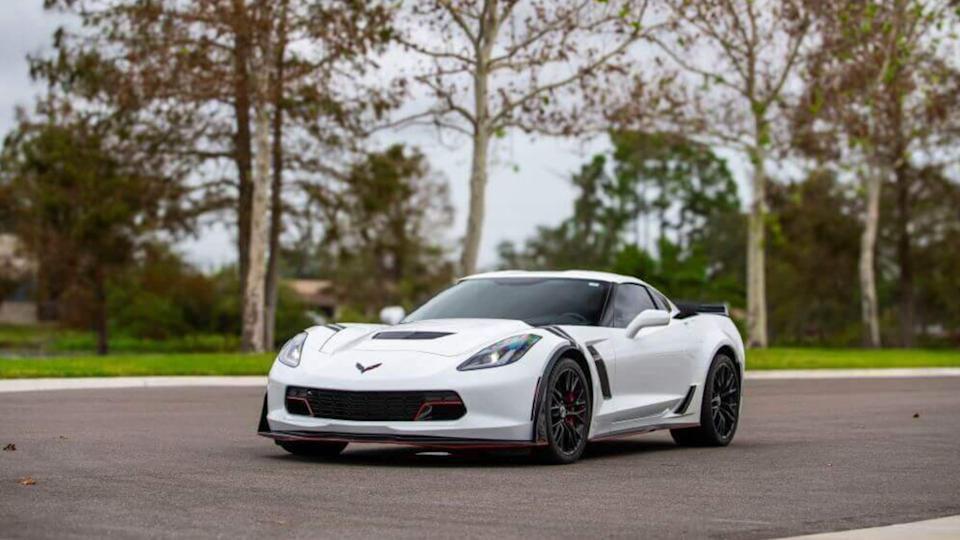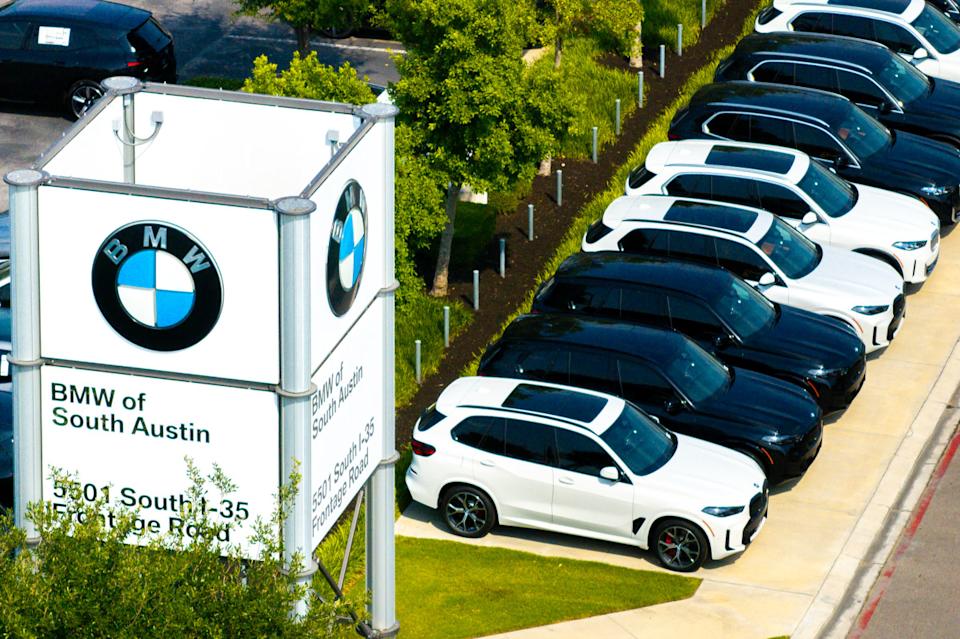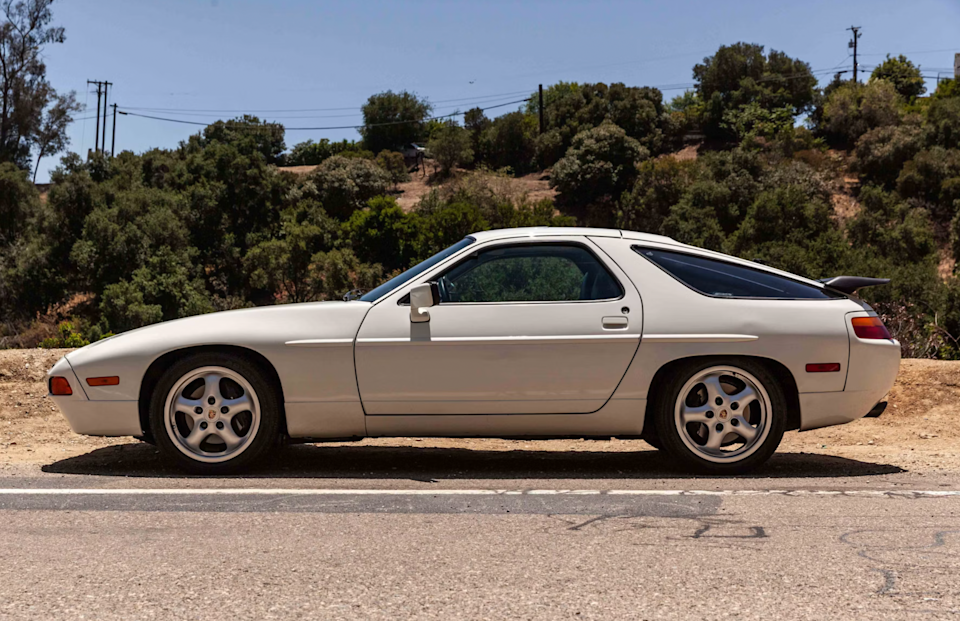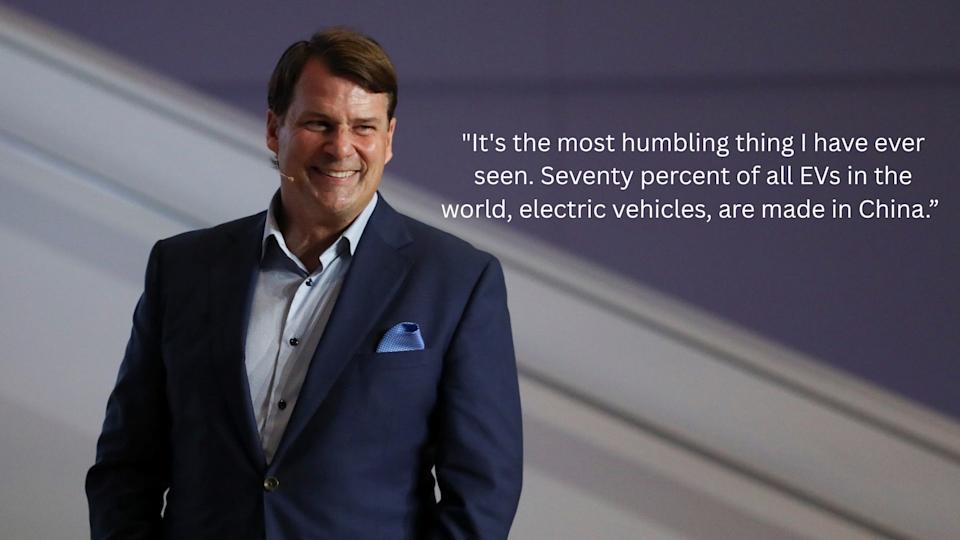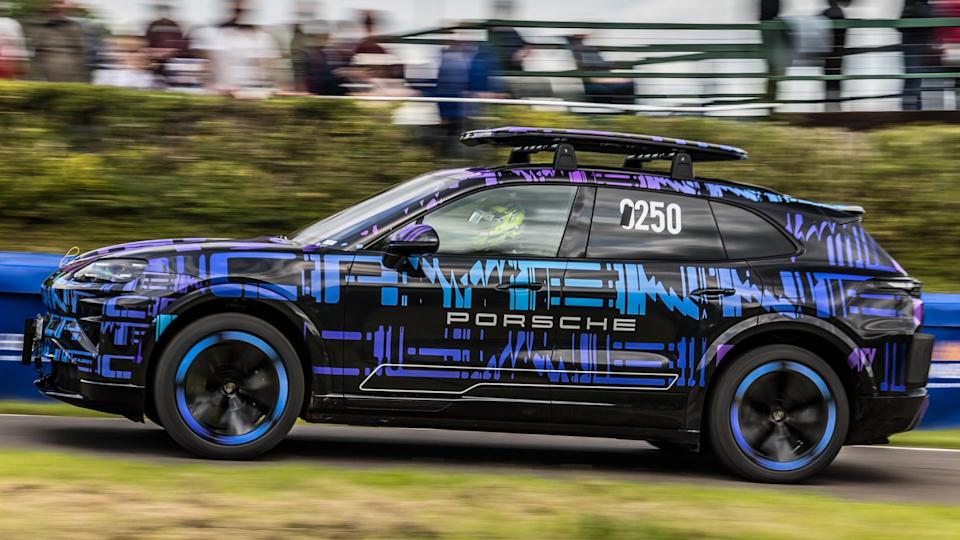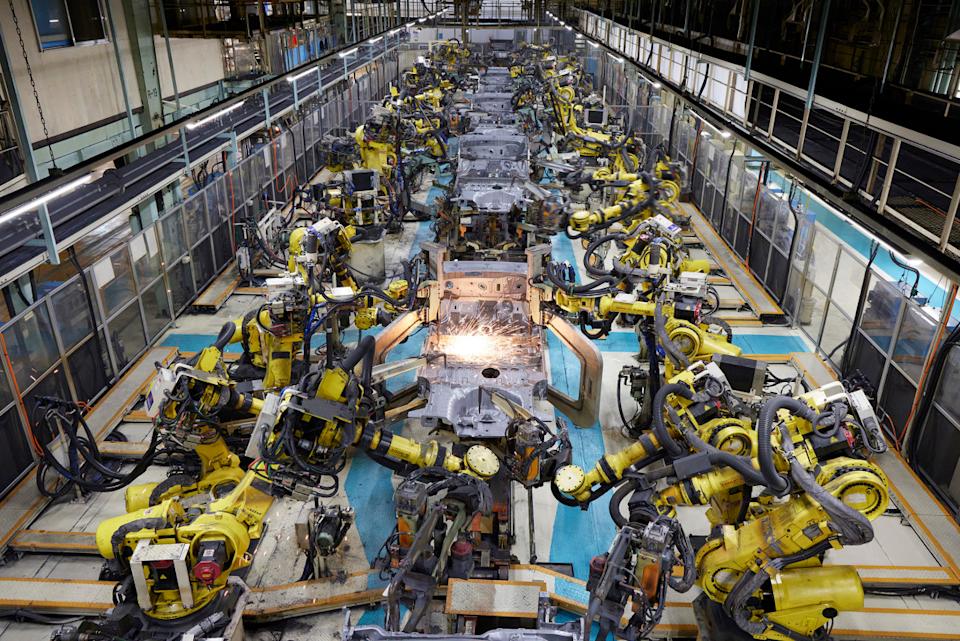
Nissan May Consider Deal With Foxconn to Save Japanese Car Plant originally appeared on Autoblog.
The company that made your iPhone might make cars with Nissan
According to new reports published by Nikkei and Reuters, Taiwanese electric vehicle upstart and electronics contract manufacturer Foxconn (Hon Hai Precision Industry Co.) is said to be in talks with Japanese automaker Nissan to build EVs in an arrangement that could potentially save one of the Yokohama-based automaker's factories from closure.
Sources familiar with the matter told the newswire and the Japanese business publication that these discussions revolve around Foxconn producing electric vehicles at Nissan's Oppama plant in Yokosuka, a plant that employs around 3,900 people and a facility that is seen as a primary target for shutdown under Nissan CEO's ambitious Re:Nissan restructuring plan.
 Nissan Oppama PlantNissan
Nissan Oppama PlantNissanAccording to Nikkei, the partnership would be part of a bigger EV collaboration and possibly incorporate a joint venture between the Taiwanese and Japanese firms. If successful, Nissan's Oppama plant would be spared from closure, as its excess capacity would be turned over to Foxconn.
One source who spoke with Nikkei said that Nissan is currently talking with multiple partners, including Foxconn, on various ways they could accelerate the automaker's ambitious restructuring plan aimed at "right-sizing" the company. In a statement seen by Reuters, Nissan said the Nikkei report was not based on information released by the automaker.
Nissan is trying to keep the lights on at an important, historic facility
The reports involving Foxconn come nearly two months after reports of the potential closure of the Oppama plant surfaced in May, triggering a sizable response from local government officials.
Opened in 1961, the Oppama plant holds some historical weight for the Yokohama-based automaker. It was the first Nissan plant to mass produce electric vehicles, and is also a popular tourist attraction in the area. According to the automaker, it has an annual production capacity of around 240,000 vehicles and employs 3,900 people in manufacturing and research roles. However, MarkLines data shows that the plant's utilization rate has been low due to the automaker's sluggish sales. Last year, it was just 40%, which is far below its break-even point of 80%.
Despite this, a potential shutdown of the Oppama plant would devastate Nissan and the area. Many of Nissan's important parts suppliers are located near the plant, which is also a key research and development facility for Nissan. Within its 170 hectares, Oppama is home to a research center, testing facilities, and a wharf for car carriers. Losing the plant would force Nissan to build new test courses and facilities elsewhere, which could additionally burden the company's tight books.
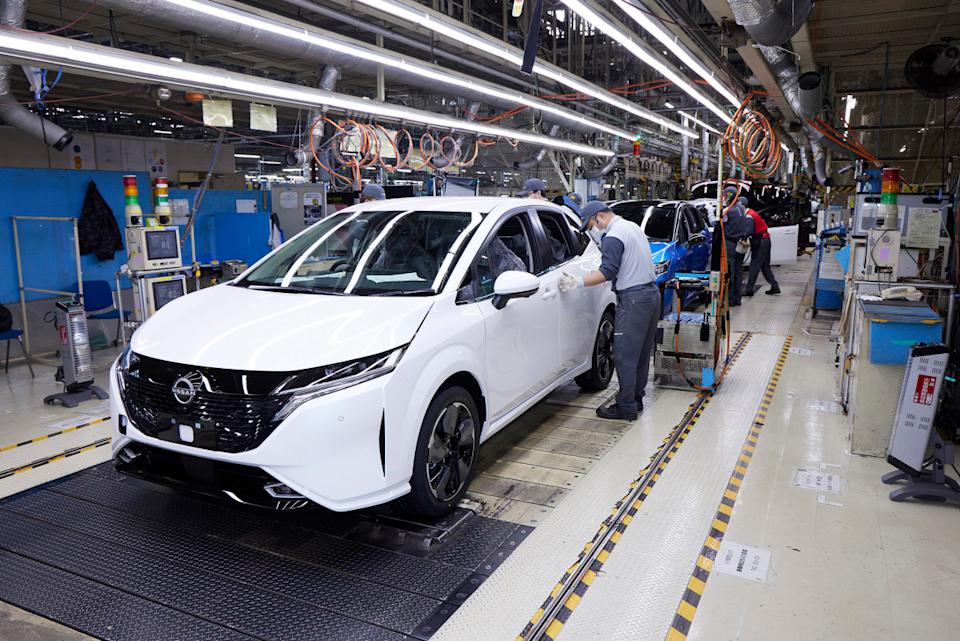 Nissan Oppama PlantNissan
Nissan Oppama PlantNissanFoxconn could be the real winner in a potential Nissan deal
Though a potential Foxconn deal could help Nissan offload unused capacity and save jobs, and preserve its contracted supplier network, such a deal could help the iPhone and Xbox manufacturer become a legitimate contract producer of electric vehicles.
Jun Seki, a former Nissan executive and Foxconn's EV chief strategy officer, has been eying partnerships with established automotive brands, although it aims to sell its own EVs in the U.S. Previously, Seki said that the company plans to start delivering the Model C SUV to a North American customer by the end of 2025. Back in May, Foxconn secured a deal to make EVs when it signed an agreement to supply Mitsubishi with a new product starting next year. The vehicle in question is expected to be a compact crossover and will be made in Taiwan for export to Australia and New Zealand.
Final thoughts
The talks come as Espinosa's Re:Nissan restructuring plans call for reducing worldwide car production capacity from 5 million cars to around 2.5 million cars, with some allowance to increase to 3 million with overtime and even as high as 4 million with products from partner companies.
Although Nissan is a global company, the data shows that the largest chunk of its sales is to customers in the U.S. According to a publicly available document on Nissan's global website, 76,977 Nissan and Infiniti brand vehicles were sold in the U.S. in May 2025, while it moved just 27,736 cars in Japan.
As I have said before, Nissan's C-Suite has more than just a bloated production capacity when it comes to saving itself. In its largest market, the Trump Administration is keen on cementing its tariff-heavy trade policies with those who do not want to play ball. For now, we can only hope that things will go well for the Japanese automaker and that a U.S.-Japan trade agreement can surface during the ongoing discussions.
Nissan May Consider Deal With Foxconn to Save Japanese Car Plant first appeared on Autoblog on Jul 7, 2025
This story was originally reported by Autoblog on Jul 7, 2025, where it first appeared.


